Table of Contents
Vegetable seasonings are blends of herbs, spices, and sometimes salt or sugar, specifically crafted to enhance the natural flavors of vegetables. They transform simple vegetables into flavorful dishes with minimal effort, making them essential for home cooks and professionals alike.
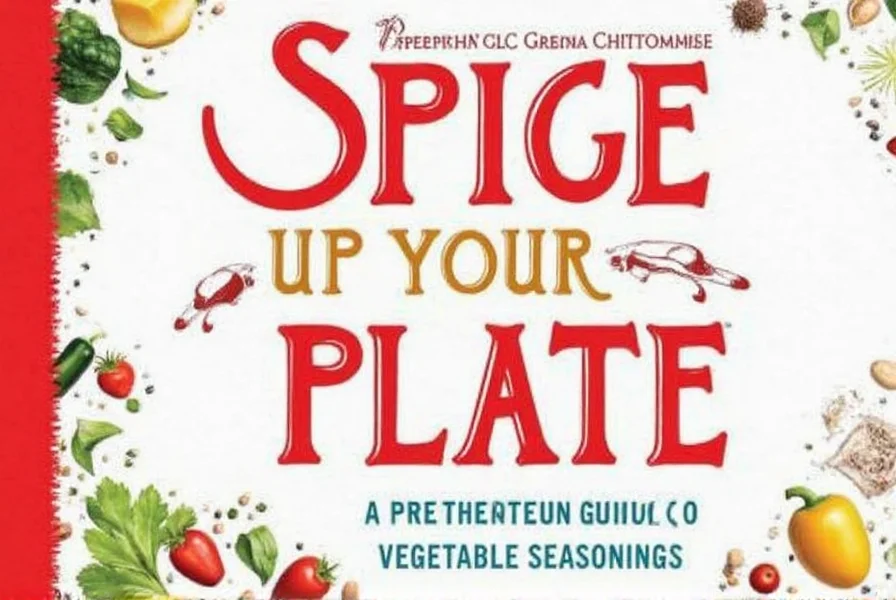
Introduction to Vegetable Seasonings
Vegetable seasonings unlock the full potential of your produce. Whether you're roasting carrots, sautéing spinach, or grilling zucchini, the right blend elevates taste without added calories or fat. This guide covers everything from basic blends to advanced techniques for perfect results every time.
Types of Vegetable Seasonings
Each seasoning type targets specific vegetables and cooking methods. Here's what works best:
- Garlic & Onion Powder: Perfect for roasted potatoes, carrots, and broccoli. Adds savory depth without overpowering.
- Smoky Paprika Blend: Ideal for grilled peppers, eggplant, and sweet potatoes. Creates rich, charred flavors.
- Italian Herb Mix: Best for tomatoes, zucchini, and mushrooms. Features basil, oregano, and rosemary for Mediterranean dishes.
- Curry Spice Blend: Enhances cauliflower, chickpeas, and sweet potatoes. Adds warmth and complexity.
- Salt-Free Herb Blend: Perfect for low-sodium diets. Combines thyme, rosemary, and lemon zest for fresh flavor.
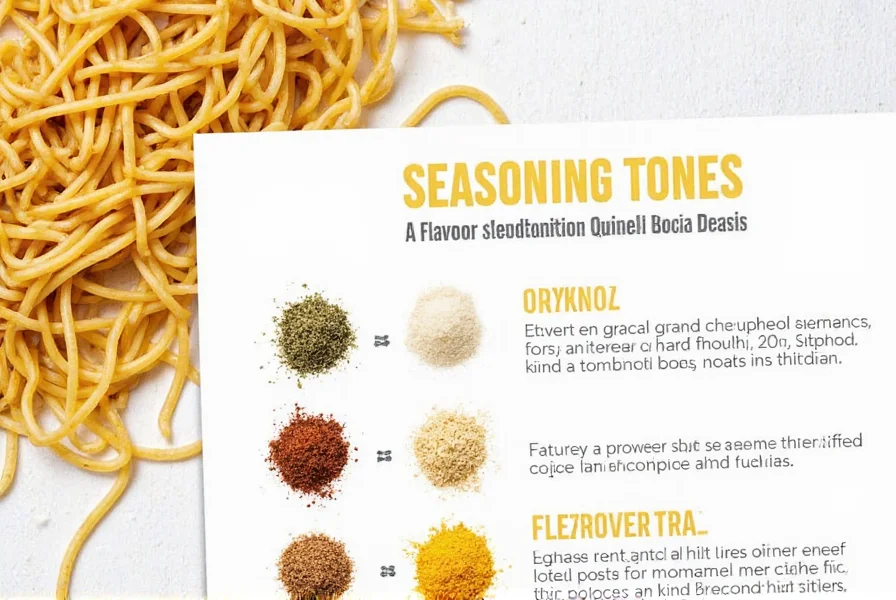
Top 10 Tips for Using Vegetable Seasonings
- Roast Potatoes Perfectly: Toss with garlic powder, smoked paprika, and olive oil before baking for crispy edges.
- Boost Roasted Carrots: Use a mix of cumin, coriander, and honey for caramelized sweetness.
- Season Broccoli Simply: Sprinkle with lemon pepper and nutritional yeast for umami flavor.
- Grill Zucchini Effectively: Marinate in olive oil, dried oregano, and red pepper flakes for 15 minutes before cooking.
- Make Cauliflower Crispy: Coat with turmeric, garlic powder, and a pinch of cayenne before air-frying.
- Enhance Tomato Dishes: Add dried basil, oregano, and a dash of balsamic vinegar to fresh tomatoes.
- Season Salads Freshly: Toss mixed greens with lemon zest, dill, and black pepper for bright flavor.
- Fix Over-Salted Dishes: Balance with a touch of honey or apple cider vinegar to restore harmony.
- Store Properly: Keep in airtight containers away from light to maintain potency for 12-18 months.
- Experiment with Combos: Try 1 tsp cinnamon + 1 tsp nutmeg for roasted squash or sweet potatoes.
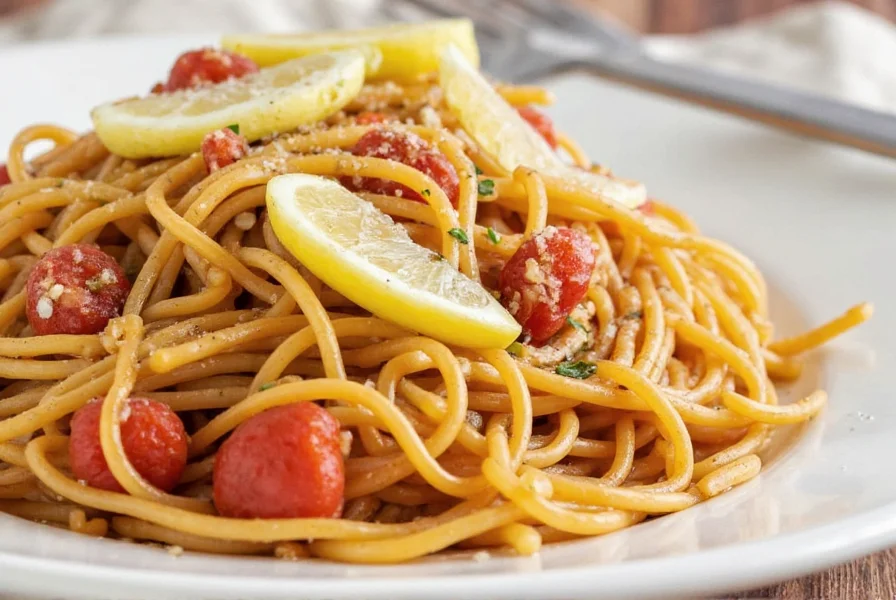
| Brand | Key Ingredients | Flavor Profile | Best For | Price Range |
|---|---|---|---|---|
| McCormick | Garlic, onion, paprika, thyme | Savory, slightly sweet | Roasted potatoes, carrots, soups | $3–$5 |
| Lawry's | Garlic, onion, black pepper | Salty, robust | Grilled vegetables, meat dishes | $4–$6 |
| Morton | Sea salt, garlic, onion, black pepper | Salt-forward, bold | Seasoning meat, seafood, and vegetables | $2–$4 |
| Penzeys | Thyme, rosemary, sage | Earthy, herbal | Herb-based dishes, roasted root vegetables | $5–$8 |
| Trader Joe's | Paprika, garlic, onion, chili powder | Smoky, spicy | Grilled veggies, Mexican-inspired recipes | $3–$5 |
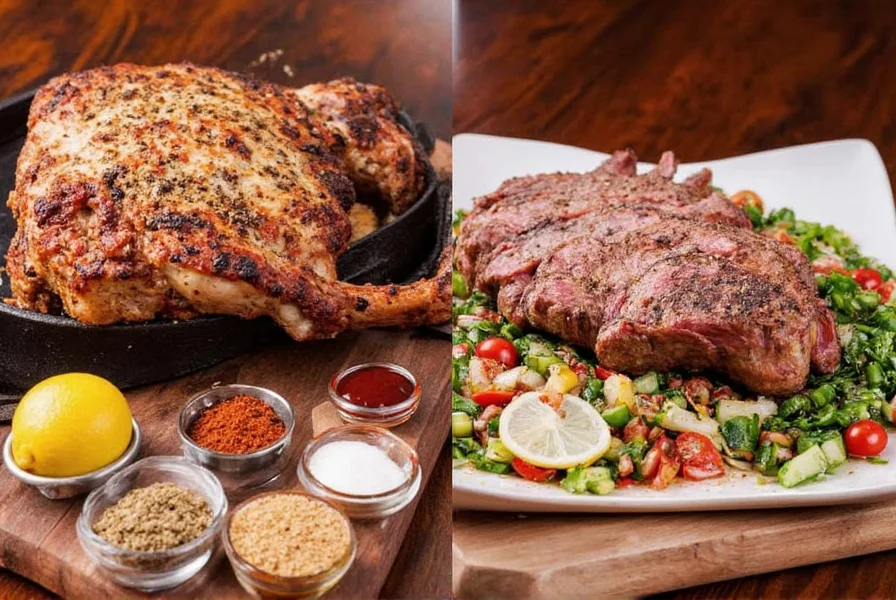
Buying Guide: How to Choose the Right Seasoning
Features to Look For
- Vegetable-Specific Blends: Choose seasonings designed for your target vegetables (e.g., "roasted root vegetables" or "grilled peppers" labels).
- Salt-Free Options: Essential for low-sodium diets; look for "no added salt" certification.
- Ingredient Transparency: Avoid artificial additives; check for whole spices and natural preservatives.
- Shelf Life: Most blends last 12-18 months; avoid bulk purchases for infrequently used spices.
Advantages and Use Cases
- For Roasted Vegetables: Use garlic powder, smoked paprika, and dried thyme. These penetrate deeply during high-heat cooking.
- For Grilled Vegetables: Opt for citrus-based blends (lemon pepper, orange zest) to prevent drying and add brightness.
- For Salads: Choose light, fresh herbs like dill, chives, or tarragon to avoid overwhelming delicate greens.
- For Low-Sodium Diets: Salt-free blends with nutritional yeast, mushroom powder, or citrus zest provide savory depth without sodium.
Target Audience and Suitable Occasions
- Home Cooks: Start with versatile blends like Italian seasoning or garlic powder for everyday meals.
- Meal Preppers: Use shelf-stable blends that maintain flavor after refrigeration (e.g., cumin-based mixes).
- Health-Conscious Eaters: Prioritize salt-free options with antioxidant-rich spices like turmeric or cinnamon.
- Vegetarian/Vegan Diets: Mushroom powder or nutritional yeast blends add umami to plant-based dishes.
Frequently Asked Questions About Vegetable Seasonings
What are the best vegetable seasonings for roasted potatoes?
For crispy roasted potatoes, use a blend of garlic powder, smoked paprika, and dried rosemary. Toss with olive oil before baking at 400°F for 25-30 minutes. This creates golden, flavorful edges without excess salt.
How do I season vegetables without salt?
Use salt-free alternatives like nutritional yeast (for umami), lemon zest (for brightness), or mushroom powder (for savory depth). Try 1 tsp each of garlic powder, onion powder, and smoked paprika per pound of vegetables for robust flavor without sodium.
Can I make my own vegetable seasoning blends at home?
Absolutely! A simple homemade blend: 2 tbsp garlic powder, 2 tbsp onion powder, 1 tbsp smoked paprika, 1 tbsp dried thyme, and 1 tsp black pepper. Store in an airtight container for up to 6 months. Customize by adding cumin for Mexican dishes or turmeric for Indian-inspired recipes.
Which vegetable seasonings work best for broccoli?
For steamed or roasted broccoli, use lemon pepper, nutritional yeast, and a pinch of red pepper flakes. This adds tangy, cheesy notes without overpowering the vegetable's natural flavor. Avoid heavy salt-based blends that mask broccoli's freshness.
How much seasoning should I use per pound of vegetables?
Start with 1-2 teaspoons per pound for most blends. For delicate vegetables like asparagus or green beans, use 1 teaspoon. For hearty vegetables like potatoes or squash, use 2 teaspoons. Always taste and adjust before serving.
Do vegetable seasonings expire?
Most store-bought blends last 12-18 months when stored properly. Check for dull aroma or clumping as signs of degradation. Homemade blends typically last 6 months. To test potency, rub a small amount between your fingers; if the scent is weak, it's time to replace.
Conclusion
Vegetable seasonings are your secret weapon for transforming simple produce into restaurant-quality dishes. By matching blends to specific vegetables and cooking methods, you'll maximize flavor while minimizing effort. Remember to store properly, start with small amounts, and experiment fearlessly—every kitchen should have these flavor boosters on hand.
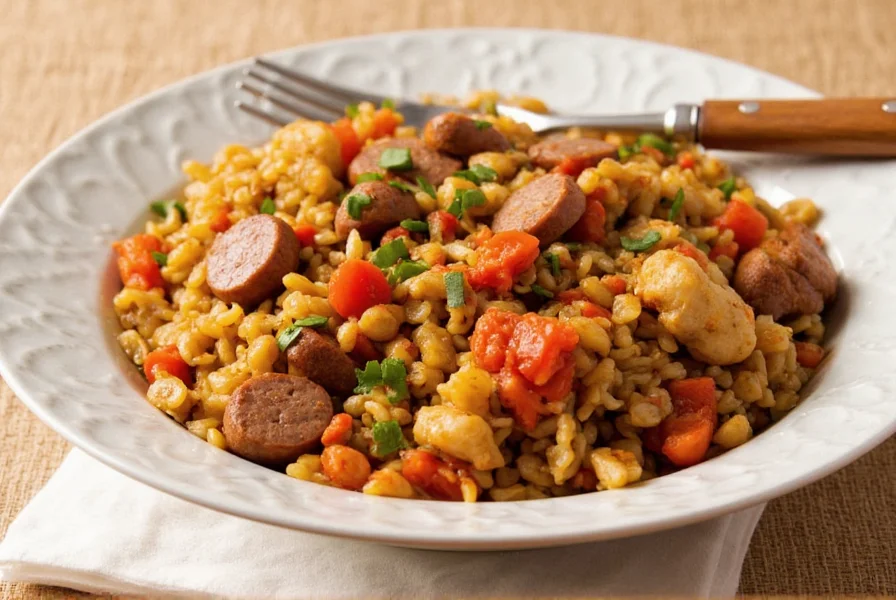










 浙公网安备
33010002000092号
浙公网安备
33010002000092号 浙B2-20120091-4
浙B2-20120091-4